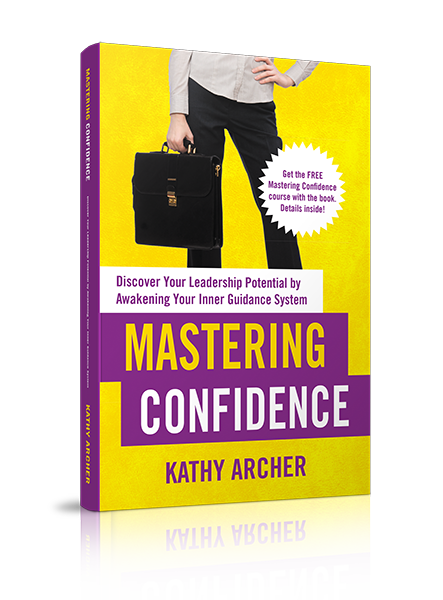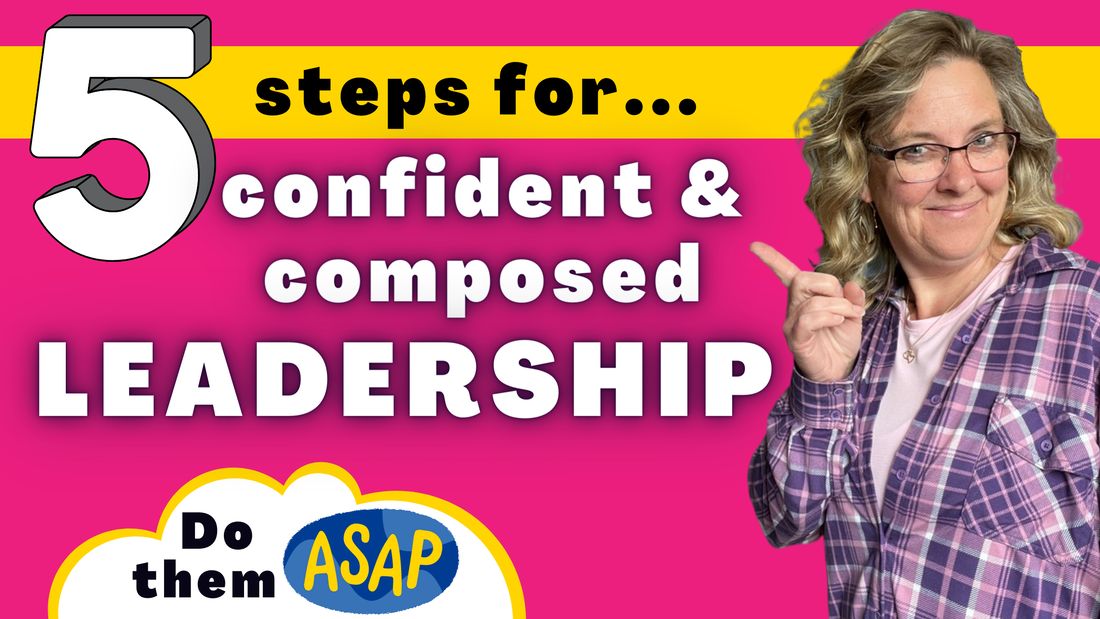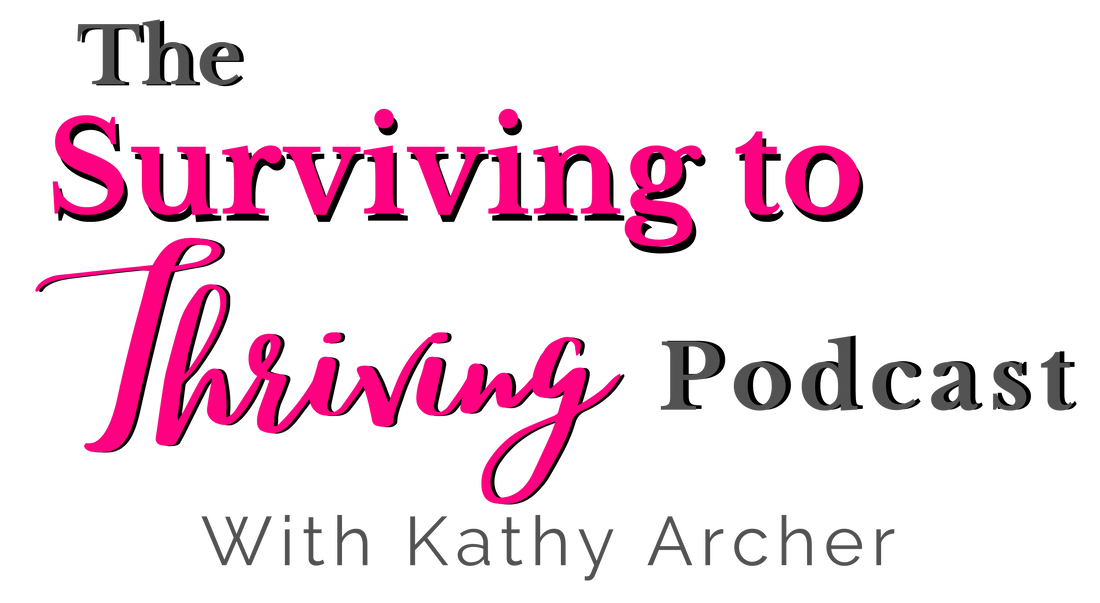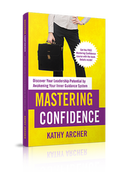|
As you go about your day as a nonprofit leader, something may happen, and you may feel your body tighten. For example, your stomach knots up, your chest feels heavy, or your throat tightens or feels dry. Perhaps you overreact or shut down. This physical response may be a sign you may have just got triggered.
We often get triggered when something threatens our values. This response results when we feel something important to us is at risk. Here's how I got triggered this weekend... Let me give you an example. I value order. I like things to be in their place, and I like to have things tidy. However, this weekend I was triggered multiple times by mud on the floor and the result from when someone in my house who didn't think it was a problem not to clean their feet before they came in. (Can you guess who?) We're in the middle of backyard renovations. Unfortunately, with this weekend's rain, my backyard was a mud hole. Each time my husband, the dog, or I came in, a pile of mud and dirt came with us. Because a sense of order is important to me, I would take my shoes off outside, ensure the dog's feet were clean before he came in and immediately sweep up any chunks of mud. This is what triggered me... On the other hand, my husband sees the mess as part of the process, so the mess doesn't bother him. So it's not a problem for him to walk around barefoot outside and come into the house. He values freedom, ease and relaxation. He likes to be barefoot, and walking around in the grass and mud doesn't bother him. The house will get cleaned eventually, so what's the big deal? Which camp are you in?
This is how knowing my trigger helped me Knowing that I'm triggered by disarray helps me manage my emotions and be somewhat humourous about my incessant need to clean. Aware that the tightness in my chest is building, I can manage my frustration with my husband by managing my self-talk, taking some deep breaths or distracting myself with something I enjoy. Jenessa's story.. During a coaching call the other day, my client Jenessa became aware that when others aren't accountable for their actions or in-actions, or their responsibilities etc., she is triggered. Jenessa feels her chest tighten, purses her lips, and sometimes clenches her hands. She laughed at the memory of pounding out a response to a chat message when she was annoyed with someone shirking their responsibility. Does either of these feel familiar to you? Just as...
This is why identifying your triggers is important Identifying triggers is part of working with and understanding our values to help us be more emotionally intelligent and confident in our abilities. When you know what's important to you and what it feels like when that thing (i.e. order, accountability) is being threatened, it's easier to choose a response than react in a way you may regret later. Below you'll find steps to help you find the clarity around your value to help you be more intentional instead of reactionary. 5 steps to use your VALUES to be more emotionally intelligent Here is the process to help you find the clarity around your value to help you be more intentional instead of reactionary. 1 - Identify your values 2- Get an understanding of what your values mean to you
3 - Determine how your values show up in your life 4 - Pinpoint what's going on when you are aligned with your values or not 5- Get clear on what triggers show up when things in your life aren't in line with your values This deeper understanding of your values helps you to manage your emotions, navigate tough conversations and focus on what matters most when it matters most! One more example... If you are trying to wind down a conversation at a meeting, you may value timeliness or efficiency. Your annoyance with those who are dragging the conversation out is triggering that value. That's why you are:
Conversely, your peer may be
See how that all works together? Need some help? This month inside my membership, I added a worksheet to the Values Verification course, helping members identify their triggers. If this is part of what you need, or the five steps listed above, check out the course here and if you think it would be helpful, join the membership here. When you join The Training Library membership, you'll become confident in your leadership abilities, learn to bounce back when adversity hits, discover how to be your best self and find a place to belong! Becoming emotionally intelligent and confident in our leadership abilities takes time and requires skill development and increased awareness of what makes us tick! To do this, take responsibility for where you are and where you are going by creating your own personal and professional development plan. Intentional development is your path to success in both your leadership and life. Read this next: The 8 most overlooked definitions in leadership and why they matter
3 Comments
Wonderful
4/11/2023 07:43:39 pm
Thank you for your wisdom tips!
Reply
Wonderful S. Davidson
6/11/2023 01:03:50 pm
Great information!
Reply
Your comment will be posted after it is approved.
Leave a Reply. |

Available on Amazon
Archives
March 2024
|
|
Leadership TRAINING for Nonprofit Leaders
Become a confident and competent nonprofit Leader: Join The Training Library membership Executive and Leadership COACHING Leadership Coaching for Nonprofit Executives, Leaders and ManagerCoaching |
PODCAST for Nonprofit Leaders
The Surviving to Thriving podcast: Strategies, systems and support to lead your nonprofit with confidence FREE RESOURCES to Grow your Leadership Skills Free Leadership Training Resources, Worksheets and Templates |
Become a CONFIDENT LEADER
|




 RSS Feed
RSS Feed
